Introduction to dog digestion
Understanding your furry friend's digestive system is key to keeping them healthy and happy. Unlike humans, a dog's digestion kicks off primarily in the stomach rather than the mouth. Their digestive system is a well-oiled machine, efficiently breaking down food and absorbing vital nutrients.

Let's take a quick tour of your pup's digestive system:
- Mouth and teeth: The first stop for food breakdown
- Esophagus: The food chute to the stomach
- Stomach: Where the real digestive magic happens
- Small intestine: Nutrient absorption central
- Large intestine: Water absorption and waste formation headquarters
Dogs have a shorter digestive tract than we do, allowing them to process food more quickly. From chow time to potty break, the whole process typically takes between 4-8 hours for most breeds. Now that we've got a basic overview, let's dive deeper into the specifics of canine digestion time.
How long does it take a dog to digest food?

Most dogs digest their meals in 4 to 8 hours, but several factors can speed up or slow down this process:
- Your dog's size and breed
- The type and quality of their chow
- How much exercise they get
- Their age and overall health
Knowing your pup's typical digestion time helps you set proper feeding schedules and keep an eye on their digestive health. Here are some tips to keep your dog's digestion running smoothly:
- Serve up a balanced, high-quality diet
- Keep the water bowl full and fresh
- Make sure they get regular exercise
- Stick to a consistent feeding schedule
Try using slow a feeder bowl
Slow dog bowls like puzzle feeders are a great tool for improving your dog's digestion. These clever bowls make your pup eat slower, which can lead to better digestion, less bloating, and fewer tummy troubles.
By slowing down mealtime, these feeders give your dog's digestive system time to process food more efficiently, reducing the risk of an upset stomach.
Puzzle Feeders also keep mealtime interesting– Try switching out the various inserts, such as the licking mat, snuffle mat, and broken wave mat!


The digestive system of a dog - Step by step process
Let's take a closer look at how your four-legged friend processes their food:
- Mouth and teeth: Your dog uses their 42 sharp teeth to tear and chomp food into smaller bits.
- Esophagus: Food slides down this tube to the stomach, pushed along by muscle contractions.
- Stomach: This is digestion central for dogs. Food can hang out here for 4-8 hours.
- Small intestine: Partially digested food moves on to the small intestine, where most nutrients are absorbed.
- Large intestine: The final pit stop, where water is absorbed and waste is formed.
- Rectum and anus: Waste is stored in the rectum until it's time for a potty break.
How long for a dog to digest food and poop
For most healthy adult dogs, you can expect to see waste elimination within 6-8 hours after mealtime. Keep in mind that this can vary from dog to dog. Getting to know your pup's typical digestion patterns can help you spot any potential issues if things change.
Slow bowl puzzle feeders can help regulate this process. By slowing down your dog's eating, these feeders allow for better initial breakdown of food in the mouth and stomach, which can lead to more consistent and healthier bowel movements.
Factors affecting dog digestion time
Several key factors influence how quickly your pup processes their food:
- Size and breed of your dog
- Type and quality of their food
- Amount of exercise they get
- Age and overall health
- How well-hydrated they are
- How fast they eat
That last point is where slow bowl puzzle feeders can make a big difference. These feeders encourage dogs to eat more slowly, which can improve digestion by:
- Reducing the risk of choking or gagging
- Giving the stomach time to signal fullness to the brain
- Promoting better chewing, which helps kick-start digestion
- Decreasing the amount of air swallowed during meals, cutting down on bloating and gas


Puppy digestion vs adult dog digestion
Puppies digest their food differently than grown-up dogs in a few key ways:
- Faster digestion time: Puppies typically process food more quickly than adult dogs.
- Less developed digestive system: A puppy's digestive tract is still growing, making them more sensitive to diet changes.
- Higher caloric needs: Puppies need more calories per pound to fuel their rapid growth.
- Limited enzyme production: Young puppies don't produce as many digestive enzymes as adult dogs.
For puppies, slow bowl puzzle feeders can be especially helpful. They can prevent overeating and reduce the risk of tummy troubles as the puppy's system develops.
Improving your dog's digestion
Want to boost your pup's digestive health? Try these strategies:
- Feed a high-quality, balanced diet that fits your dog's life stage and health needs
- Keep fresh, clean water available at all times
- Stick to a consistent feeding schedule with measured portions
- Use slow bowl puzzle feeders to encourage slower eating
- Consider adding probiotics and prebiotics to promote good gut bacteria
- Make sure your dog gets regular exercise to keep things moving
By following these tips, including using slow bowl puzzle feeders, and understanding your dog's digestion process, you can help ensure your furry friend maintains a healthy and efficient digestive system. Remember, a happy tummy makes for a happy pup!


Wrapping up: The journey of your dog's dinner
From the moment your dog takes their first bite to their final potty break, their digestive system works tirelessly to extract nutrients and process waste.
By understanding this intricate process, you're better equipped to support your furry friend's digestive health. Pay attention to your dog's unique digestive patterns, choose high-quality foods, and consider tools like slow bowl Puzzle Feeders to optimize their eating habits.
If you've noticed your dog eating too quickly, it might be time to consider a slow feeder. These innovative bowls can significantly improve your dog's digestion and overall health. For more information on why dogs might eat too fast and how to address this issue, check out our article on understanding and solving fast eating in dogs.


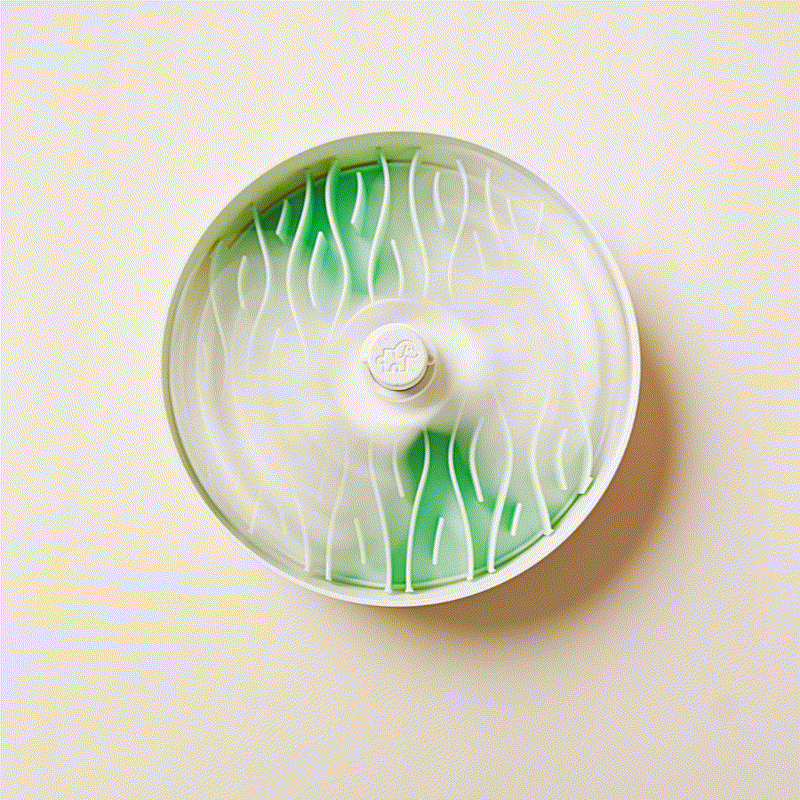
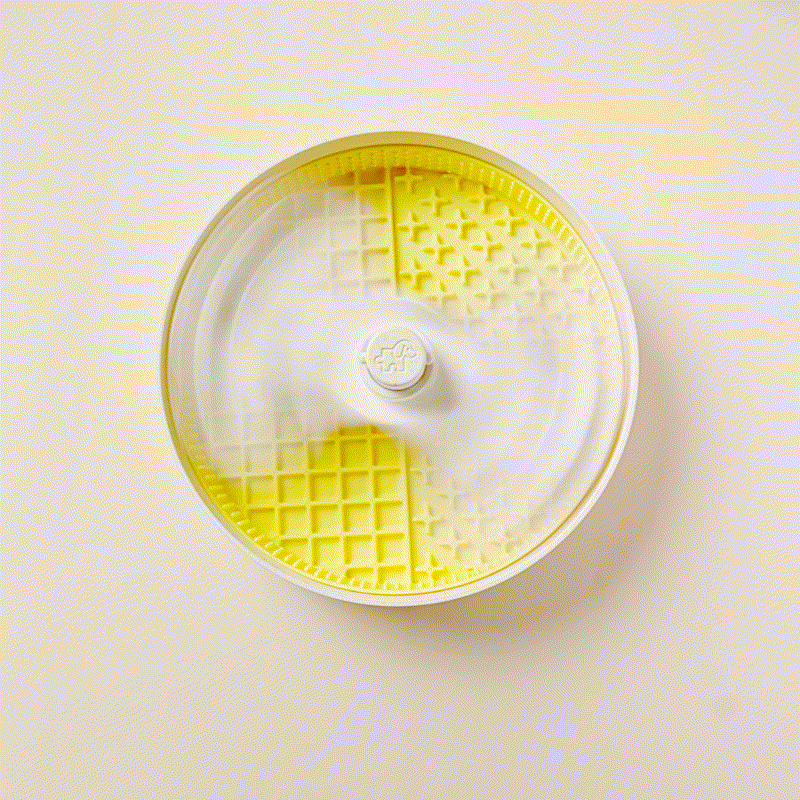
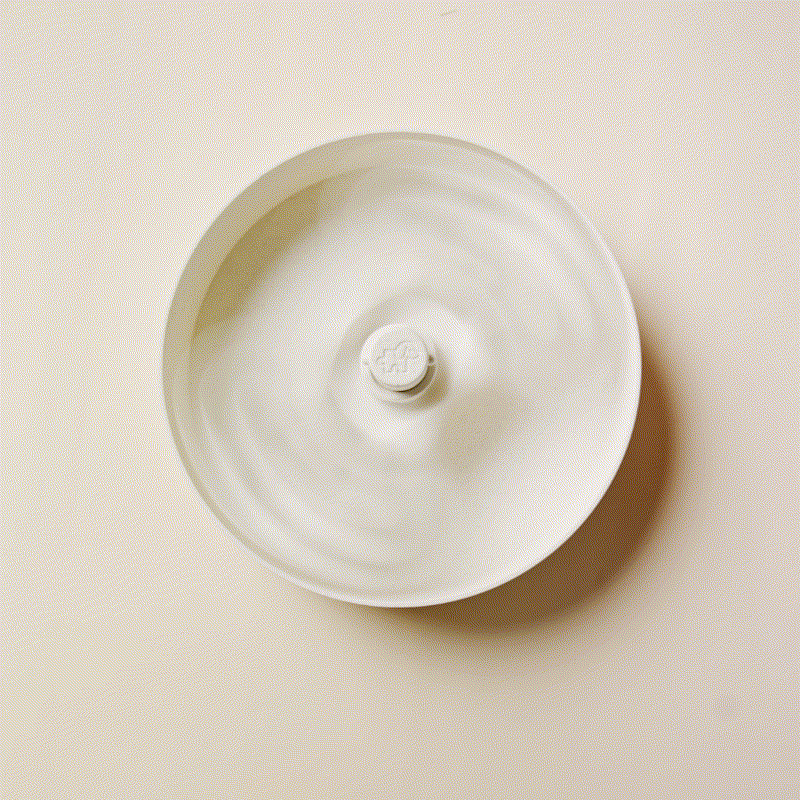
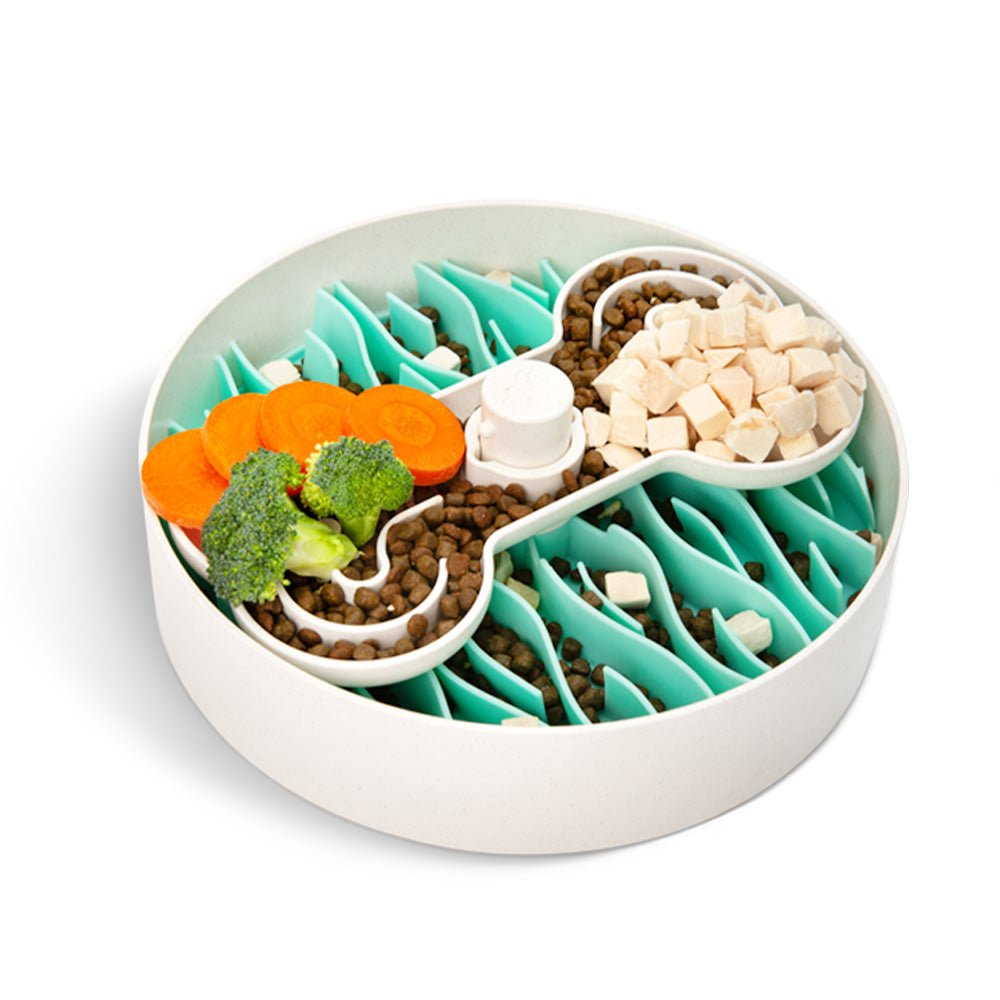
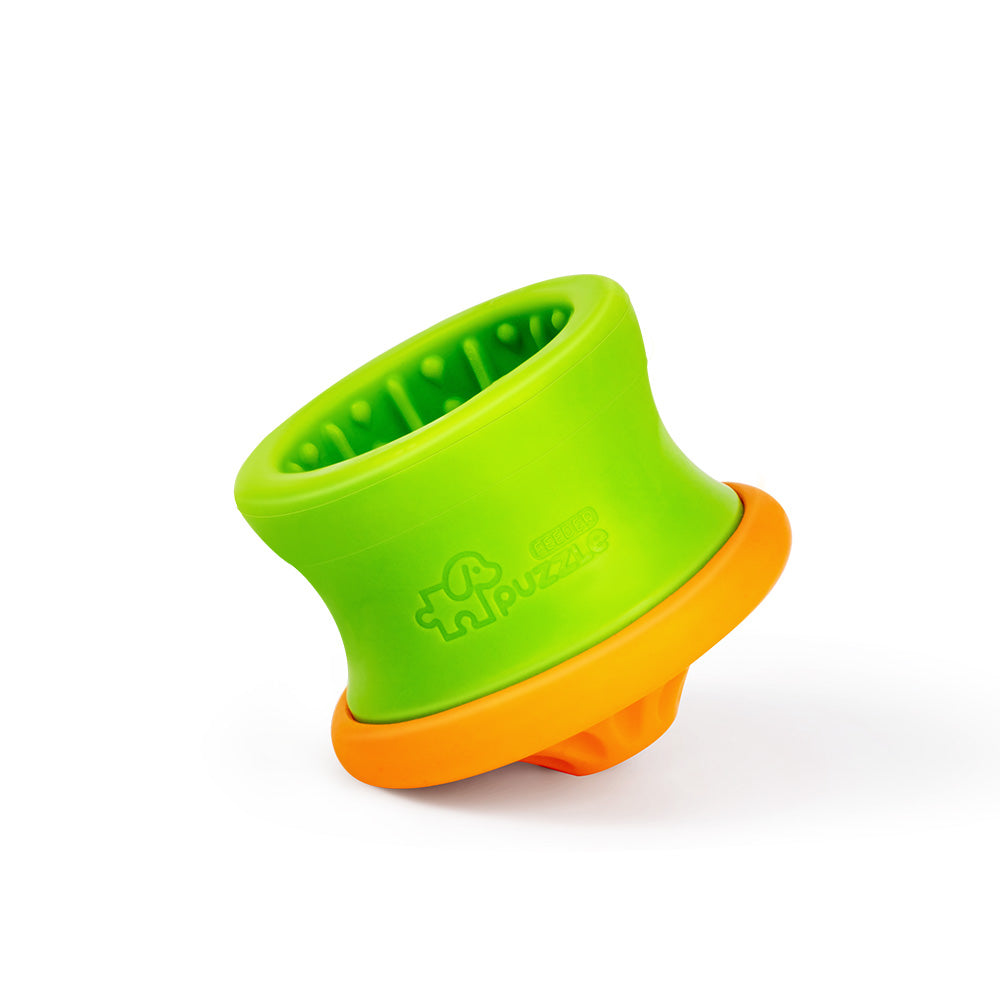
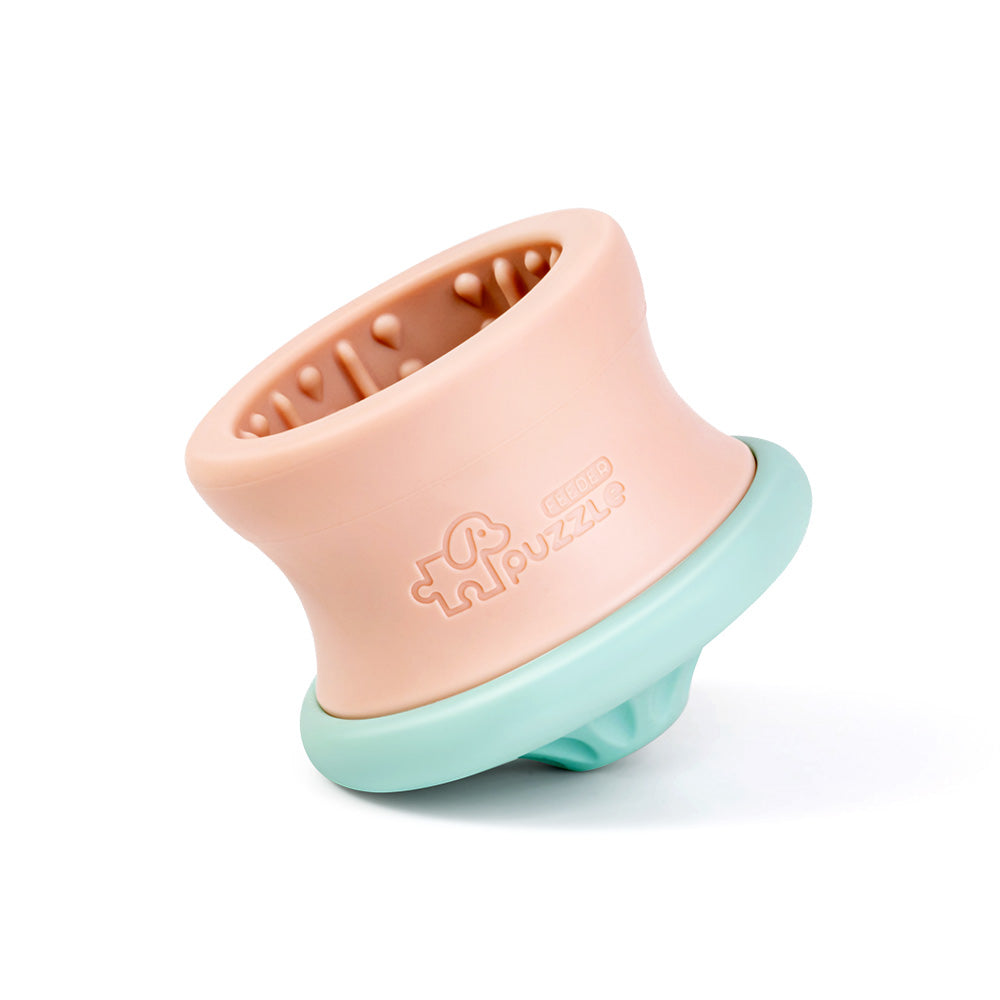
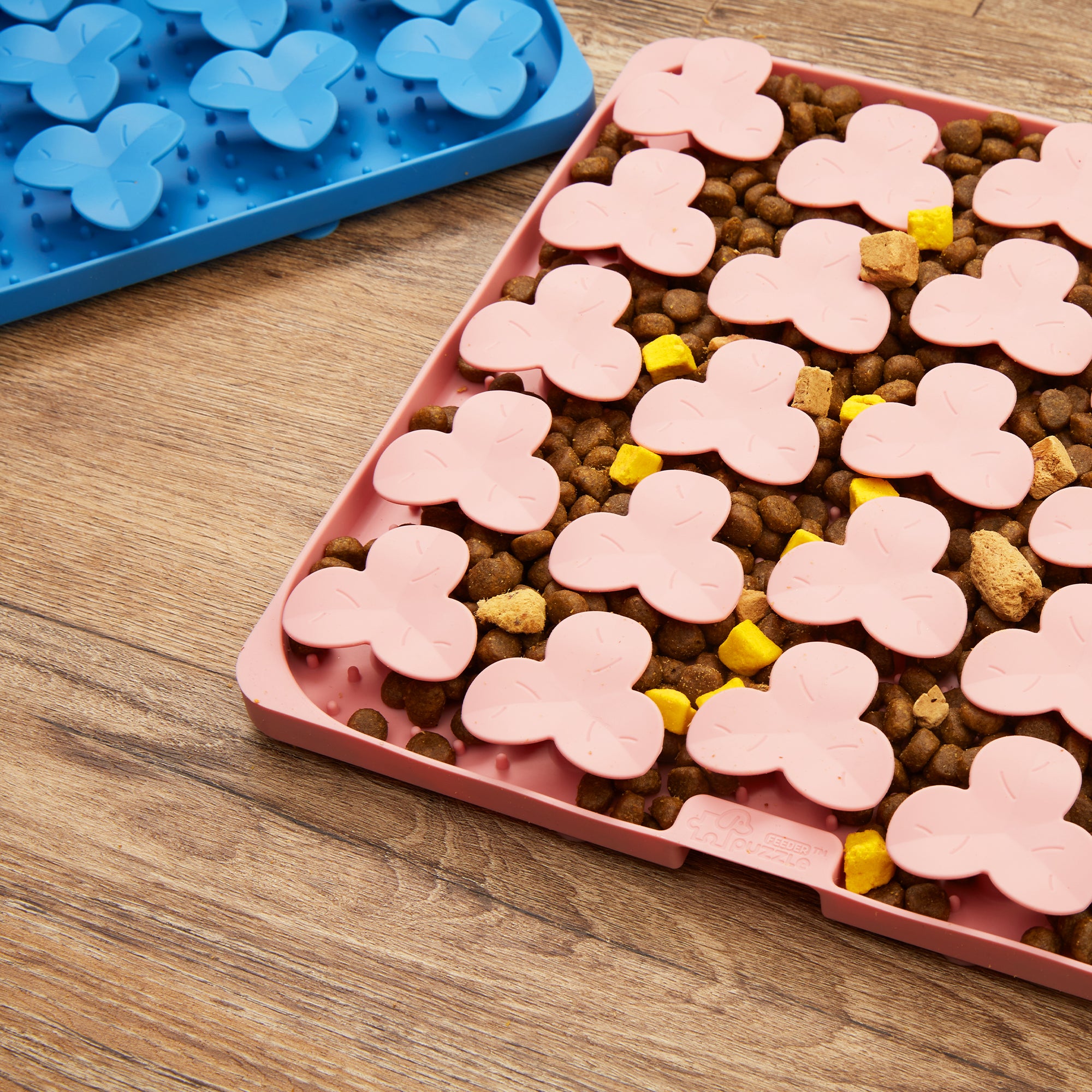
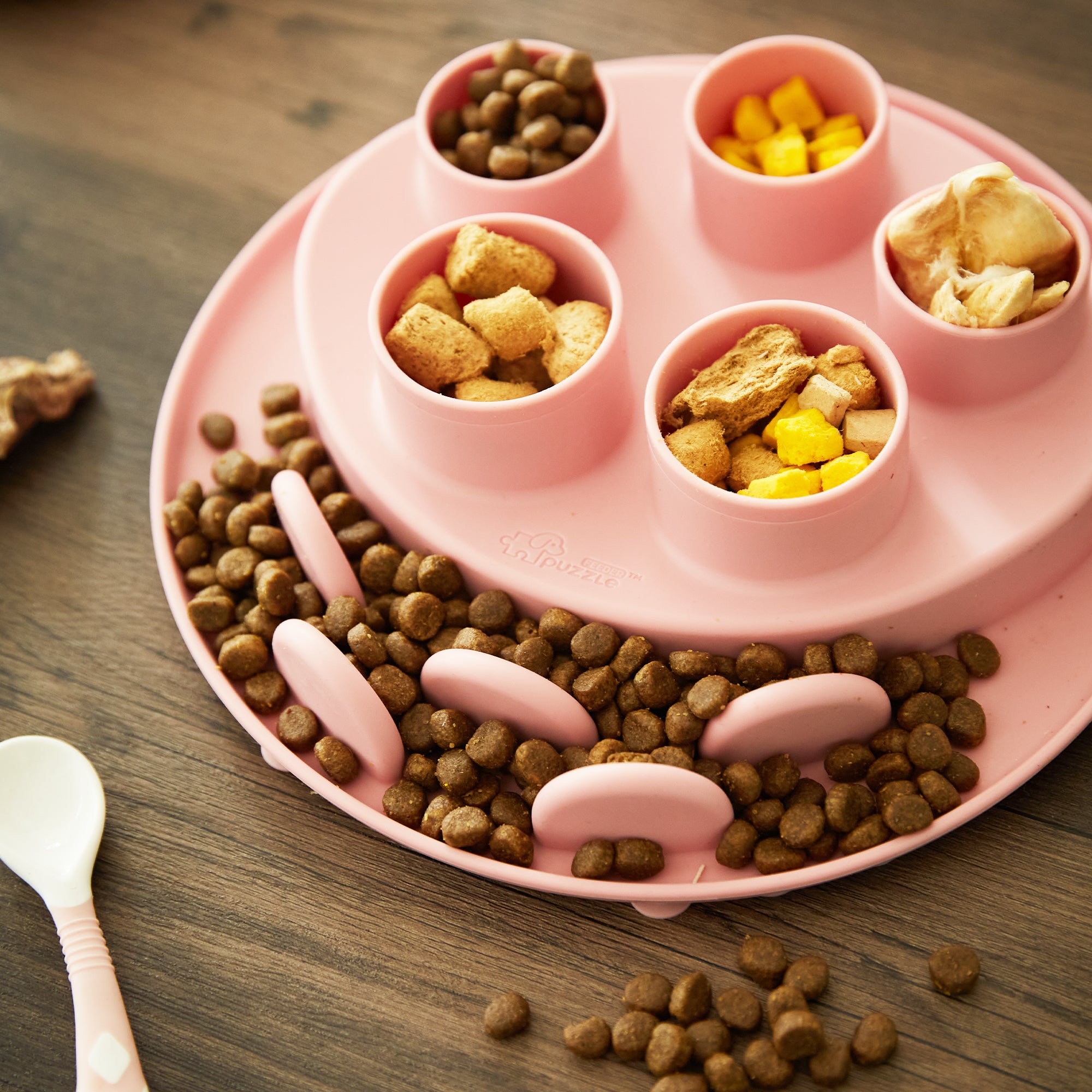
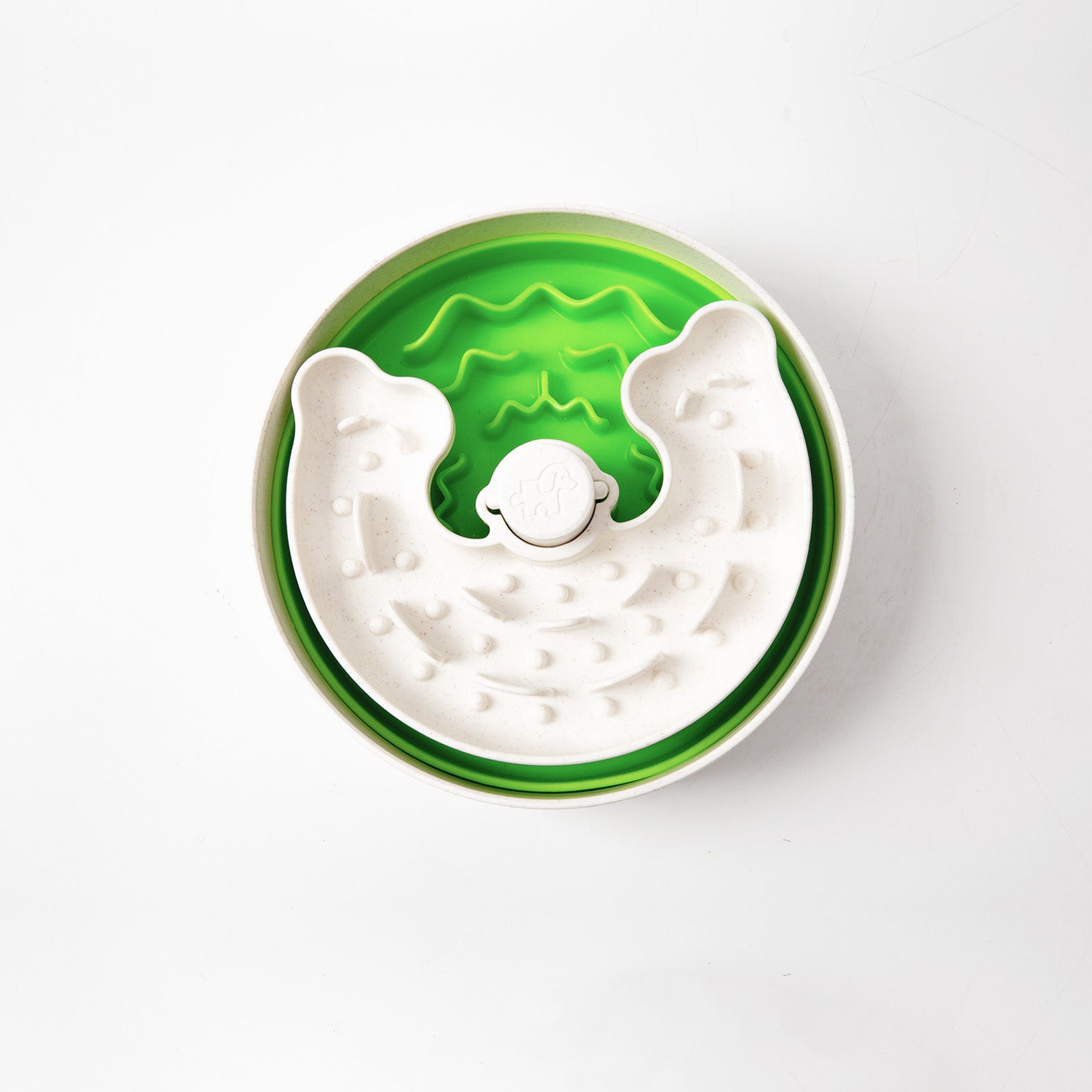
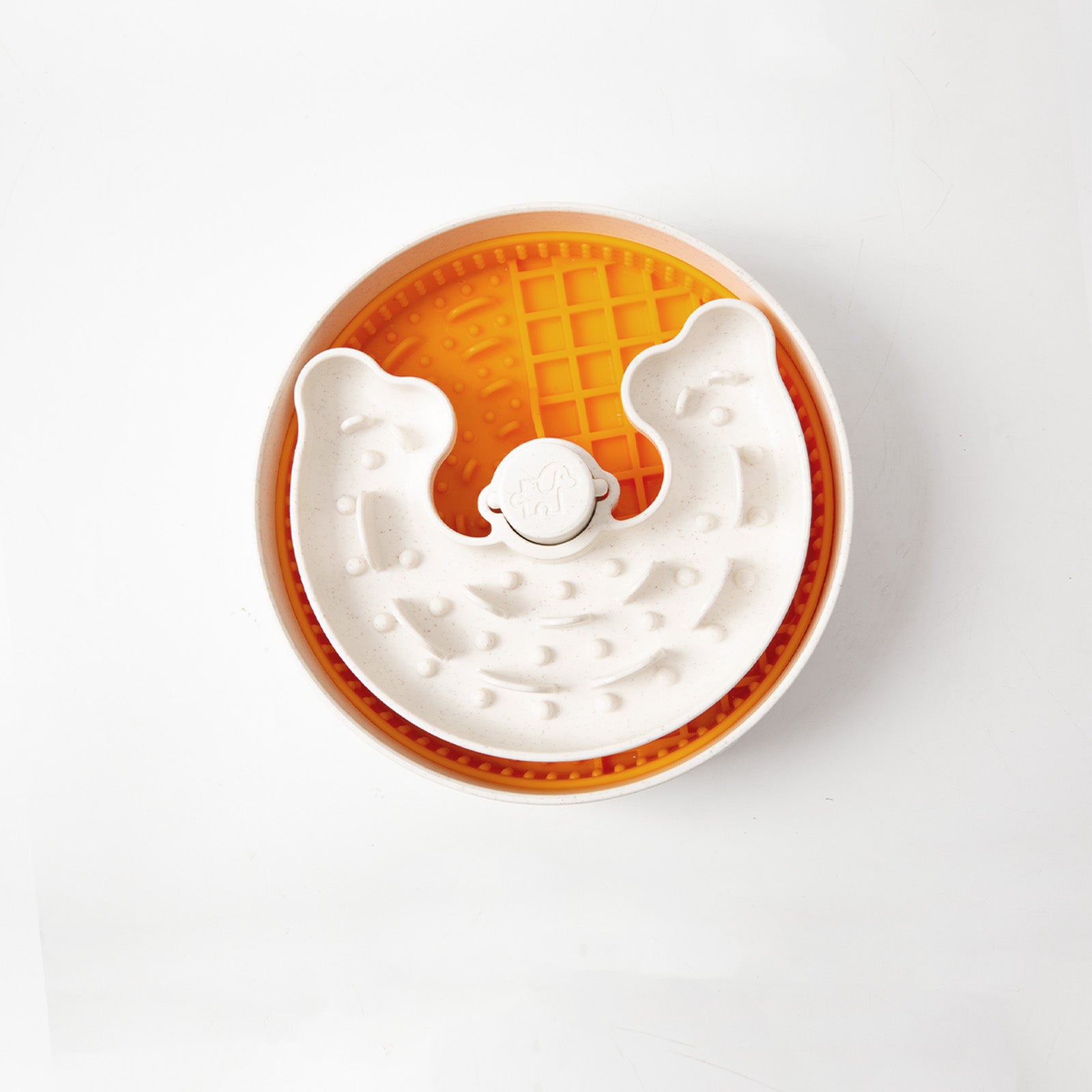
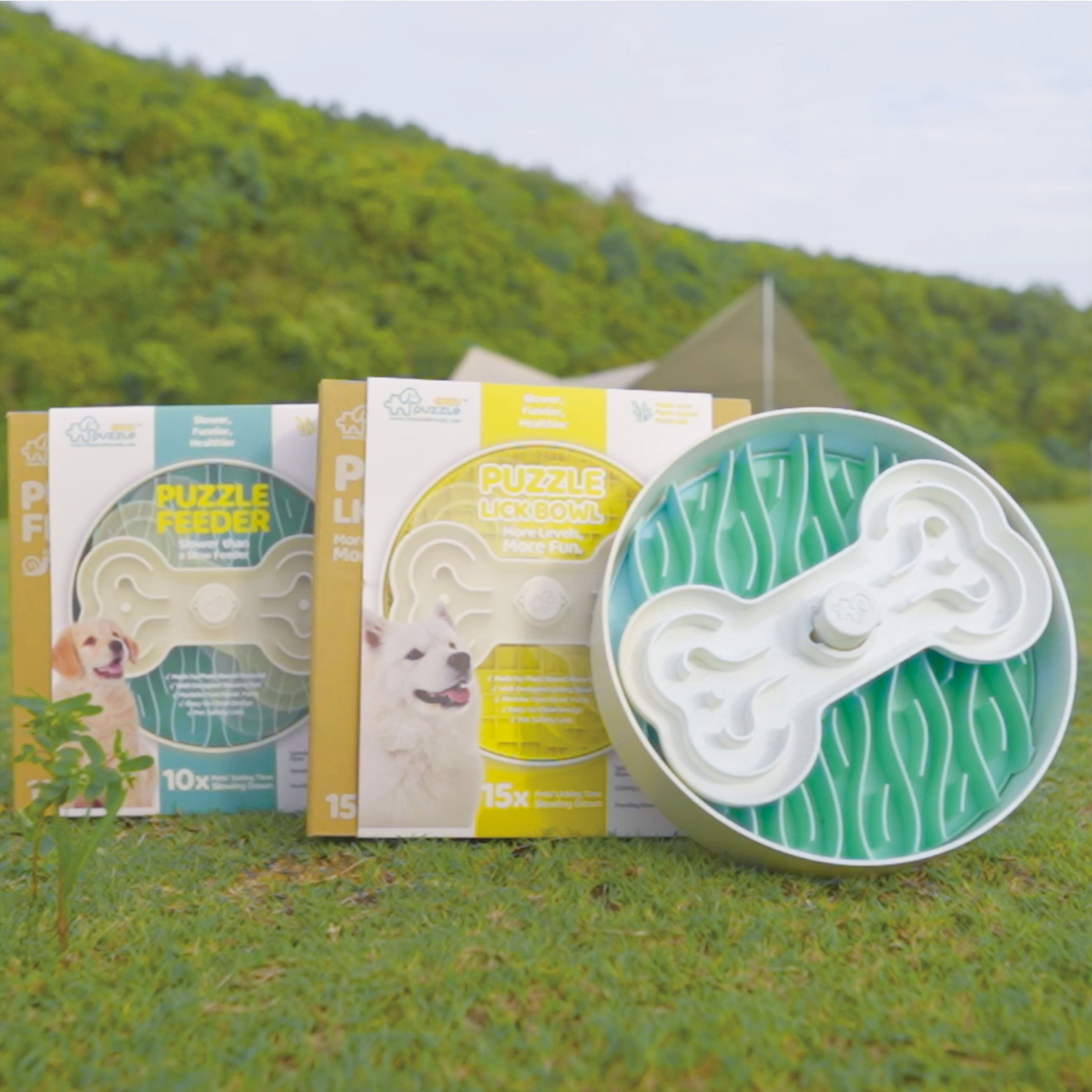
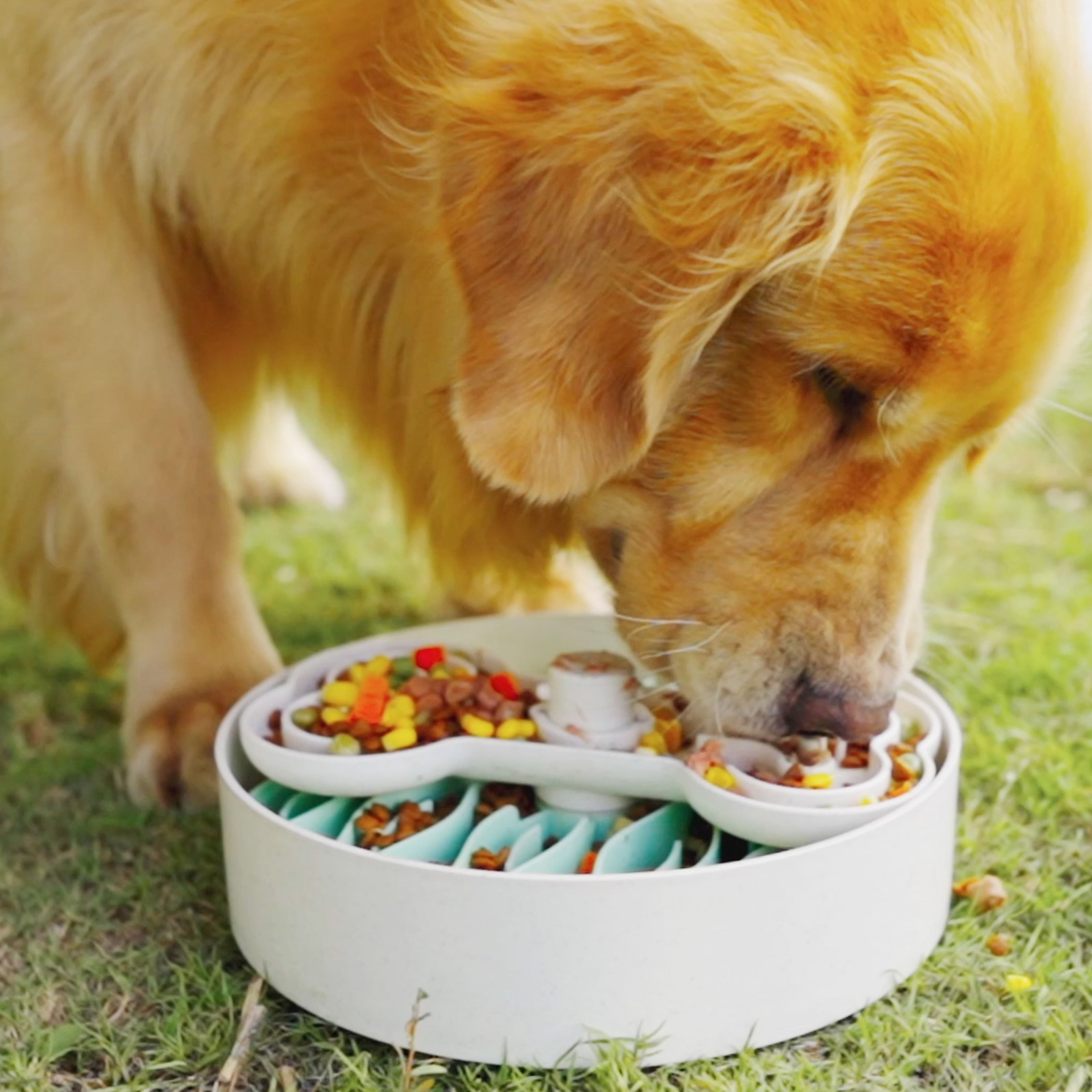

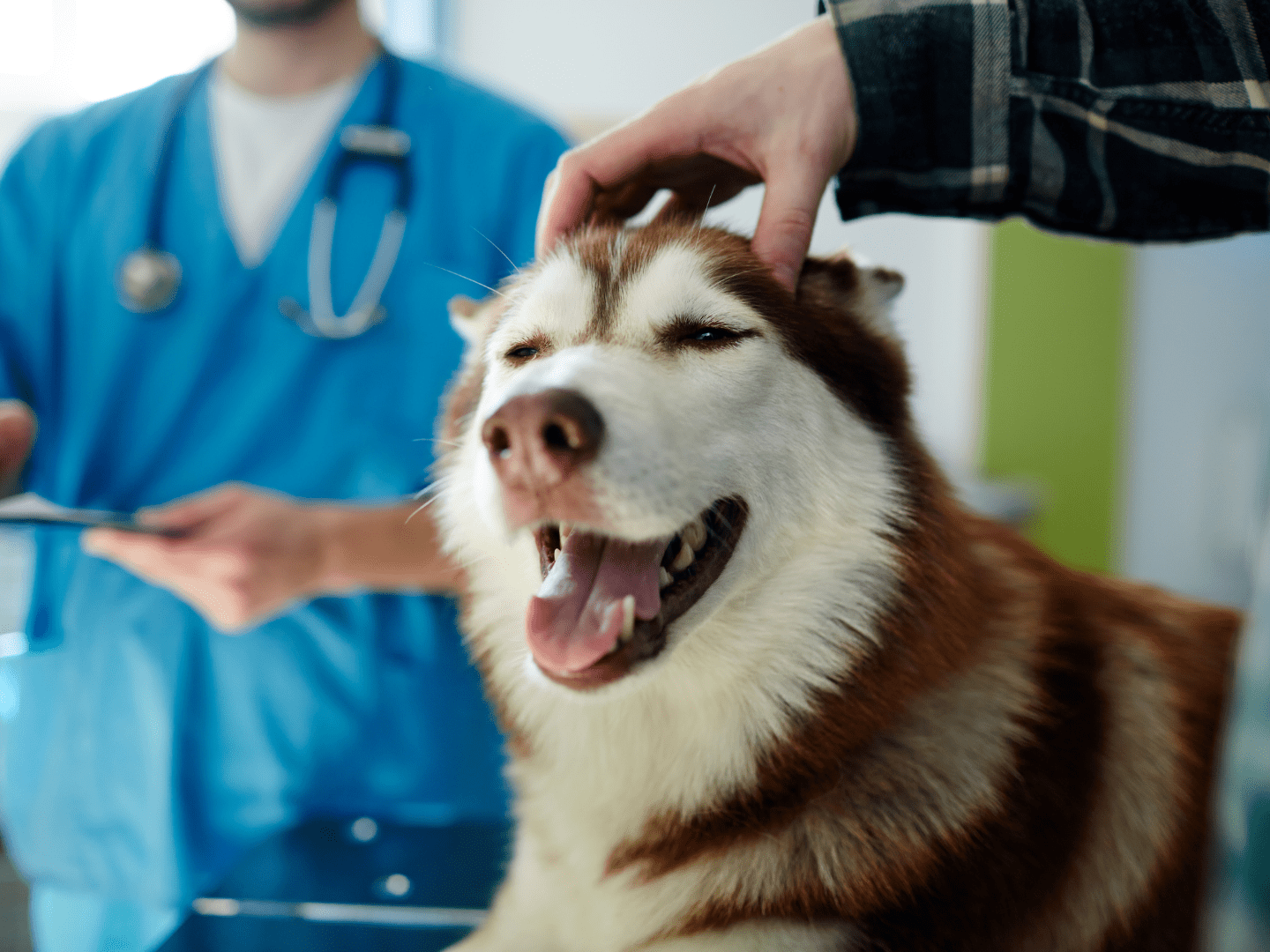
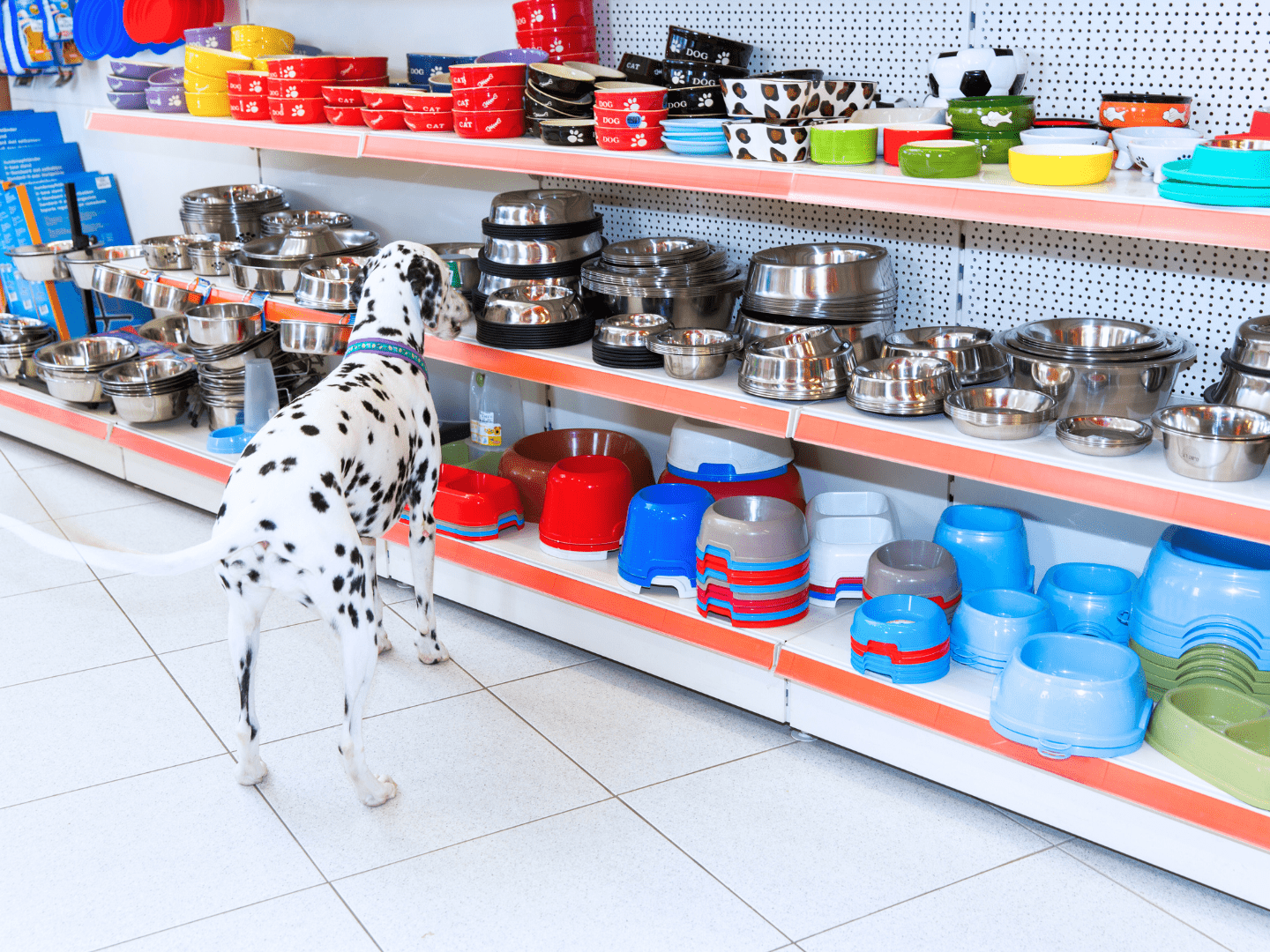
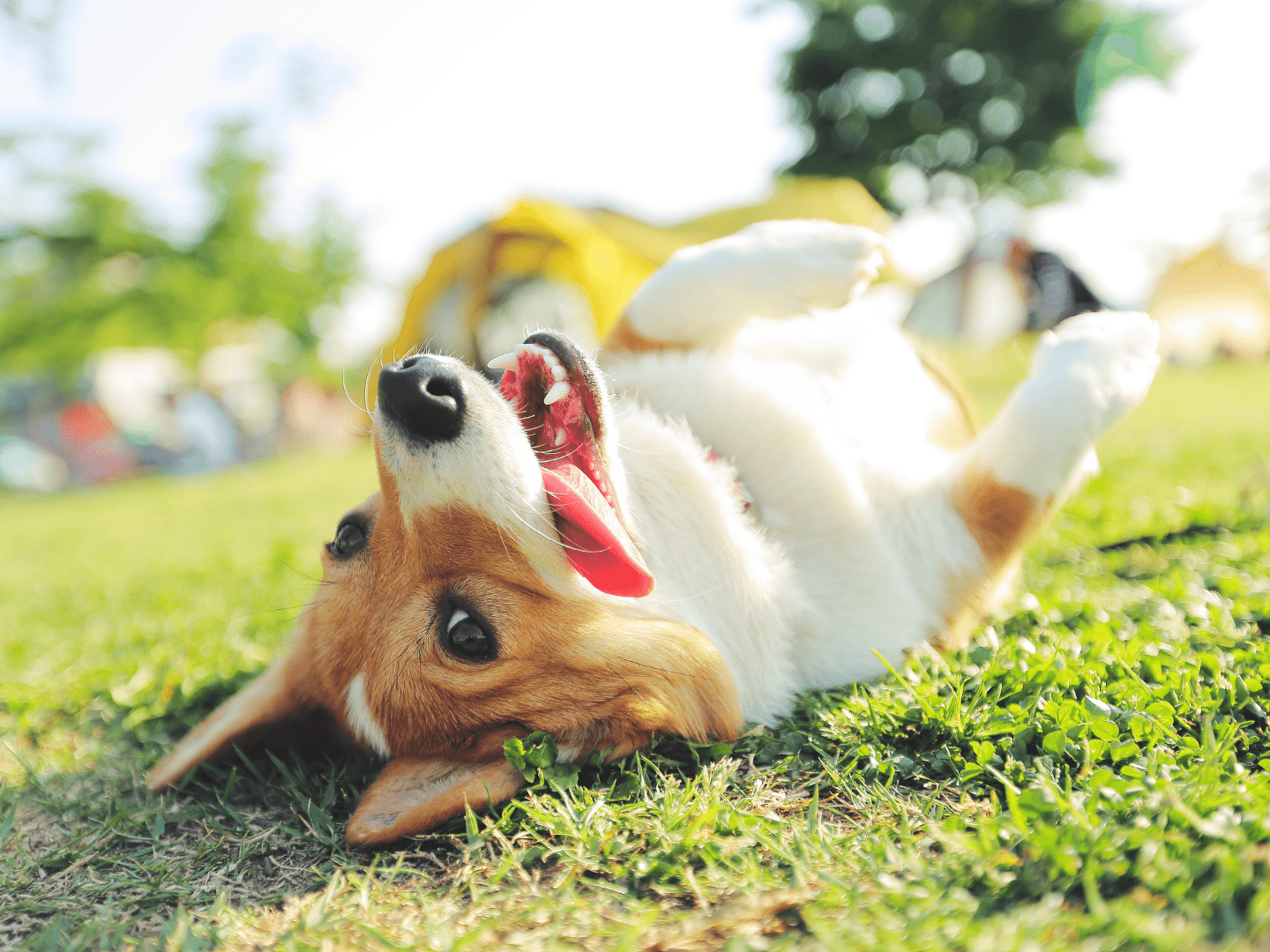
Dejar un comentario
Todos los comentarios se revisan antes de su publicación.
Este sitio está protegido por hCaptcha y se aplican la Política de privacidad de hCaptcha y los Términos del servicio.